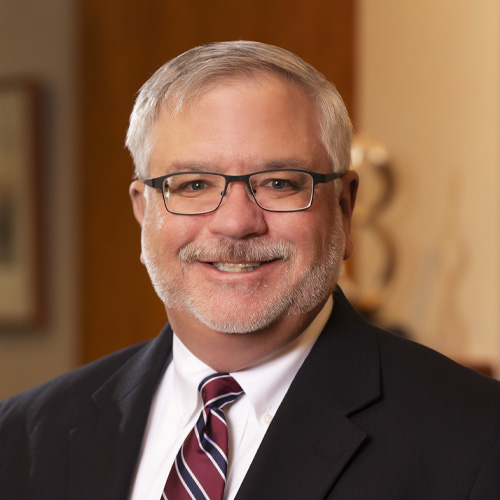Expert

Dave Dillon
Actions
Type
Topic
- Community Investment
Tags
JEFFERSON CITY, Mo. — Missourians benefited from more than $2.25 billion in unpaid care in 2023 thanks to the charitable service commitments of Missouri’s hospitals and health systems. New data released by the Missouri Hospital Association underscores these hospitals’ commitment to individual and community health improvement and demonstrates their foundational service as a health care safety net for all Missourians. The data, which aggregates community benefit totals statewide and includes individual hospitals’ contributions to their communities, is available on MHA’s consumer-focused website, FocusOnHospitals.com.
In 2023, the 128 reporting hospitals provided $677 million in care to individuals who could not afford their care and $389 million in billed services that were never paid. These costs, known as uncompensated care, represented $1.06 billion in unpaid care costs provided to Missourians.
In addition, 82 reporting hospitals absorbed more than $1.2 billion in unreimbursed costs for care provided to enrollees in Medicare and Medicaid — more than $811 million in Medicaid and $440 million in Medicare. That’s because Medicare and Medicaid represent a significant share of patient coverage in Missouri. Medicare beneficiaries account for half of all care provided in hospitals, and an additional 18% of care is provided to those covered by Medicaid. Medicaid covers approximately 40% of births and children in Missouri. However, both programs reimburse hospitals for services at less than the actual cost of providing care. According to the federal Medicare Payment Advisory Commission, for each dollar of cost incurred to care for a Medicare beneficiary, Medicare pays 87 cents while Medicaid pays even less.
These data demonstrate hospitals’ commitment to providing a health care safety net for Missourians. Missourians are served every day through hospitals’ delivery of no- and low-cost care. Ongoing federal policy discussions related to the nation’s health care system — specifically funding cuts to Medicare and Medicaid — could result in shifting even greater cost portions for care under the programs to hospitals. Cuts to these programs could harm all Missourians’ access to care and influence the number of hospitals and providers available to serve them.
“The state’s hospitals are mission focused,” said Jon D. Doolittle, MHA president and CEO. “Providing care for individuals who don’t have insurance, or the ability to pay for their care, is a significant component of how hospitals serve their communities.”
Hospitals benefit their patients and communities beyond care costs. In 2023, hospitals contributed more than $413 million to the education and training of the health care workforce and donated $32 million to local causes.
When combined with uncompensated care and absorbed costs above reimbursement rates in the Medicaid and Medicare programs, hospitals’ investments are known as community benefit. In 2023, hospitals provided more than $2.7 billion in total community benefit.
According to Doolittle, the numbers only demonstrate a part of the value of hospitals’ work. Hospitals engage in significant community-specific health improvement efforts that don’t fit neatly into an IRS reporting category.
“Health improvement activities are upstream of hospital care,” Doolittle said. “That means Missouri’s hospitals invest in prevention and chronic disease management to reduce the need for care. In addition, they assess community health to identify systems and projects that support wellness communitywide. This work reduces poor health and its associated costs, while — most importantly — improving lives.”
Hospitals Add Economic Value
The value of hospitals extends beyond their role in care delivery. From the state’s largest cities to its small towns, hospitals and health systems often are the largest employers. Locally and statewide, hospitals and hospital employees provide a ripple of economic activity that contributes to economic stability, and both supports and attracts jobs and businesses.
Doolittle noted our state’s hospitals provide a measurable economic boost in the communities they serve — through payroll and benefits, capital investments and community leadership.
In 2023, Missouri hospitals employed more than 152,000 workers and invested nearly $1.7 billion in various capital improvement projects in their communities. These community investments help strengthen the health care system. They also create household income, opportunities to support and build businesses, and revenue for state and local governments.
“Hospitals are essential, community-focused organizations. Again this year, hospitals improved the physical and economic health of the people and communities they served,” Doolittle said. “Producing these numbers are 150,000-plus hospital team members committed to delivering lifesaving care, improving health and making their communities better. We all should celebrate and thank them for their work.”









